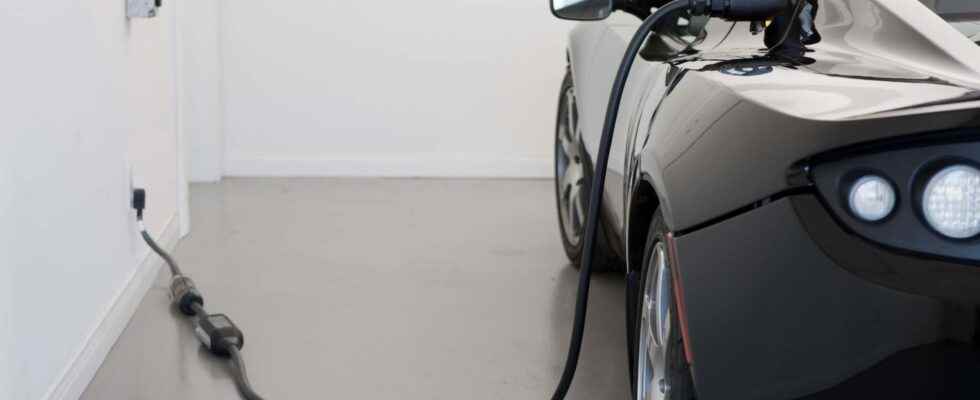Aside from its leading role in reducing the carbon footprint and its quiet engine, the electric car also has the advantage of being less expensive to use. Indeed, the cost of an electric recharge is much cheaper than a full tank of gasoline. But then in concrete terms, what will your expenses be?
You will also be interested
[EN VIDÉO] Armadillo-T, the folding electric car To reduce the problem of parking in big cities, Korean engineers have devised a new armadillo-inspired folding car: Armadillo-T. In addition, it is not polluting… since it is 100% electric. © Kaist
If we refer to AAA-DATA data from April 2020, there are more than 220,000 electric cars in circulation in France. The sales figure even jumped by more than 40% between 2018 and 2019. It must be said that the government, accompanied by local municipalities, is increasing aid to promote this transition. Investing in an electric car is not to be taken lightly, but one thing is certain, in the long run, you will be a winner.
How do you calculate the price of a recharge?
If the consumption of a car equipped with thermal motor is expressed by the number of liters per 100 km, on an electric car, it is in kWh / 100 km. On average, a vehicle consumes between 12 and 20 kWh / 100km.
The size of the battery is also a determining factor. The capacity varies from vehicle to vehicle but is on average around 50 kWh.
Finally, since we are talking about charging at home, we must also take into account off-peak and peak hours. In off-peak hours, the kilowatt hour is billed around 13 euro cents against around 15 cents for full hours.
So how much is it going to cost you?
Today electric cars can be programmed to initiate charging automatically during off-peak hours. We therefore base ourselves on the rate of 13 cents per kilowatt hour.
If we take for example the Renault Zoe, a pioneer of its kind on the French market, the latter has a 52 kWh battery. A recharge from 0% to 100% will therefore cost you 52 x 0.13, or 6.76 euros. The Renault Zoe consumes an average of 13.2 kWh / 100 km.
A Tesla Model 3 carries a larger battery of 75 kWh. The cost of recharging will therefore amount to 9.75 euros (75 x 0.13). This model consumes 15 kWh per 100 kilometers.
Note that to accelerate the recharging of the battery you will need a reinforced plug marketed between 200 and 400 euros. It is also possible to install a fast charging station at home. These wallboxes are, however, associated with a special subscription from the electricity supplier to offer greater speed. Again this is an investment – between 500 and 1000 euros – to which you will have to add the installation costs of about 500 euros.
Interested in what you just read?
.
fs8
